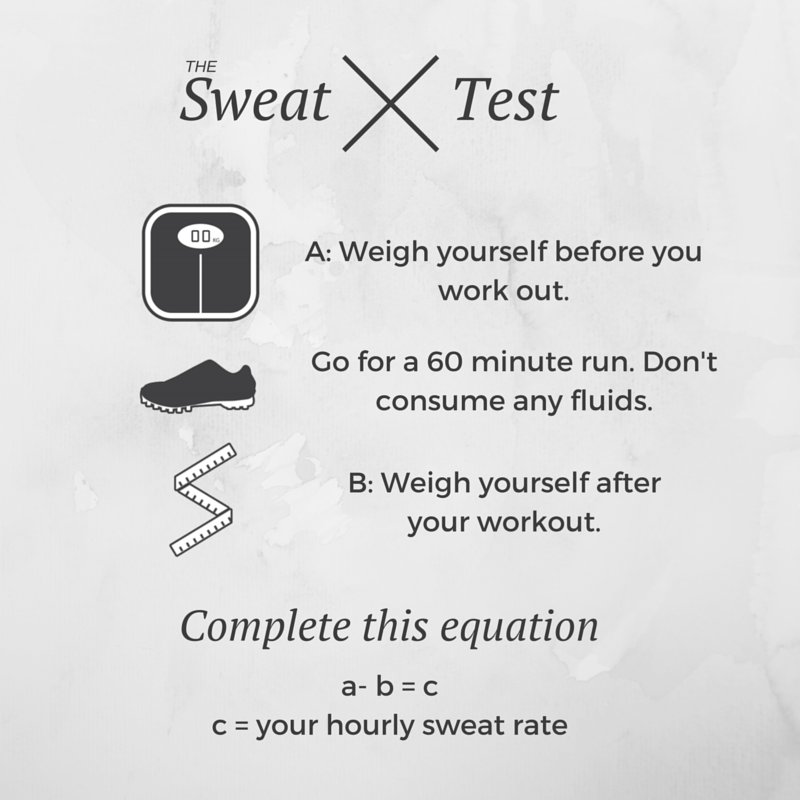Electrolytes – they’re the things in sports drinks, right? Well, it’s a little more complicated than that and those sports drinks may be spruiking more than they really offer! These important chemicals are crucial to many bodily functions, forming electrically charged particles (ions) in body fluids that help the body run optimally. Understanding how they work and how to use them in your training can help you achieve your goals and extend your limits.
What happens if you don’t replenish your electrolytes?
If you have ever had muscle cramps, felt like you were gasping for some water or became fatigued during exercise, you may have been experiencing a deficiency in the electrolytes your body needs. Electrolytes help replace mineral losses but also help make the most of your water intake, key to hydration and energy.
The different electrolytes
You need several different minerals to maintain good function, energy and hydration levels. There are four main electrolytes everyone needs to keep a good balance, comprised of sodium and chloride (maintains fluid balance), potassium (prevents cramping), calcium (regulates muscle contractions and heart rhythm) and magnesium (relaxes muscles). Bicarbonates are also helpful as they can assist in preventing fatigue early and enhance endurance to push on. All of these electrolytes work together to keep your mineral levels balanced and ensure optimal bodily function.
How to replenish your levels
Electrolytes can be replenished in a number of ways – and not just through sports drinks. Although these do have electrolytes, it is often in small quantities, along with high quantities of refined sugar. Instead, enjoy the right foods and add supplements to improve your levels. Some foods that can help include bananas, nuts and seeds, beans, avocados, green leafy vegetables and coconut water, to name just a few. You can also take supplement tablets, with most electrolyte-rich minerals readily available from your local chemist.
The Sweat Test
It’s all good and well to have supplements and ensure a diet high in the right minerals, but if it isn’t enough or is too much for your body, it can actually have a negative effect on your performance. To get a general idea of how much you need, try out the sweat test below. Most people lose approximately 1L per kilogram. This is not a completely accurate formula as the intensity of the workout and environmental conditions can change but it will give you a rough guide.

For more accurate analysis and help, talking to a professional, such as an exercise physiologist, can ensure your body is balanced.
Electrolytes are crucial to ensure your body works at its peak, especially when training. For more advice and assistance about how to ensure your mineral levels are balanced, contact the team at Bodytrack today!
